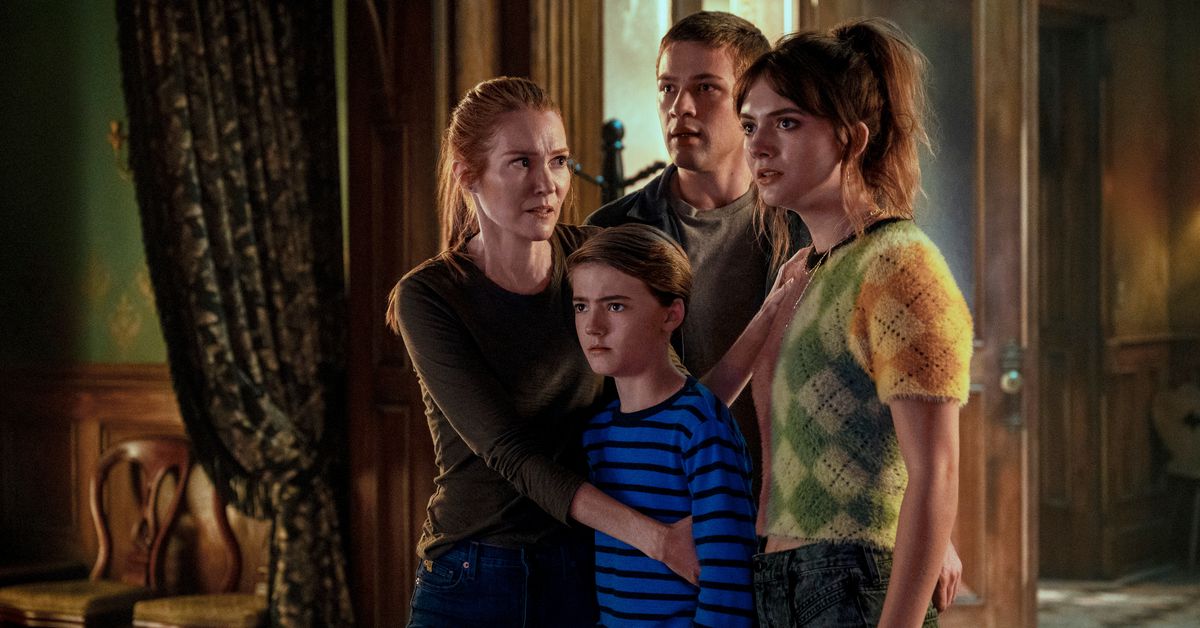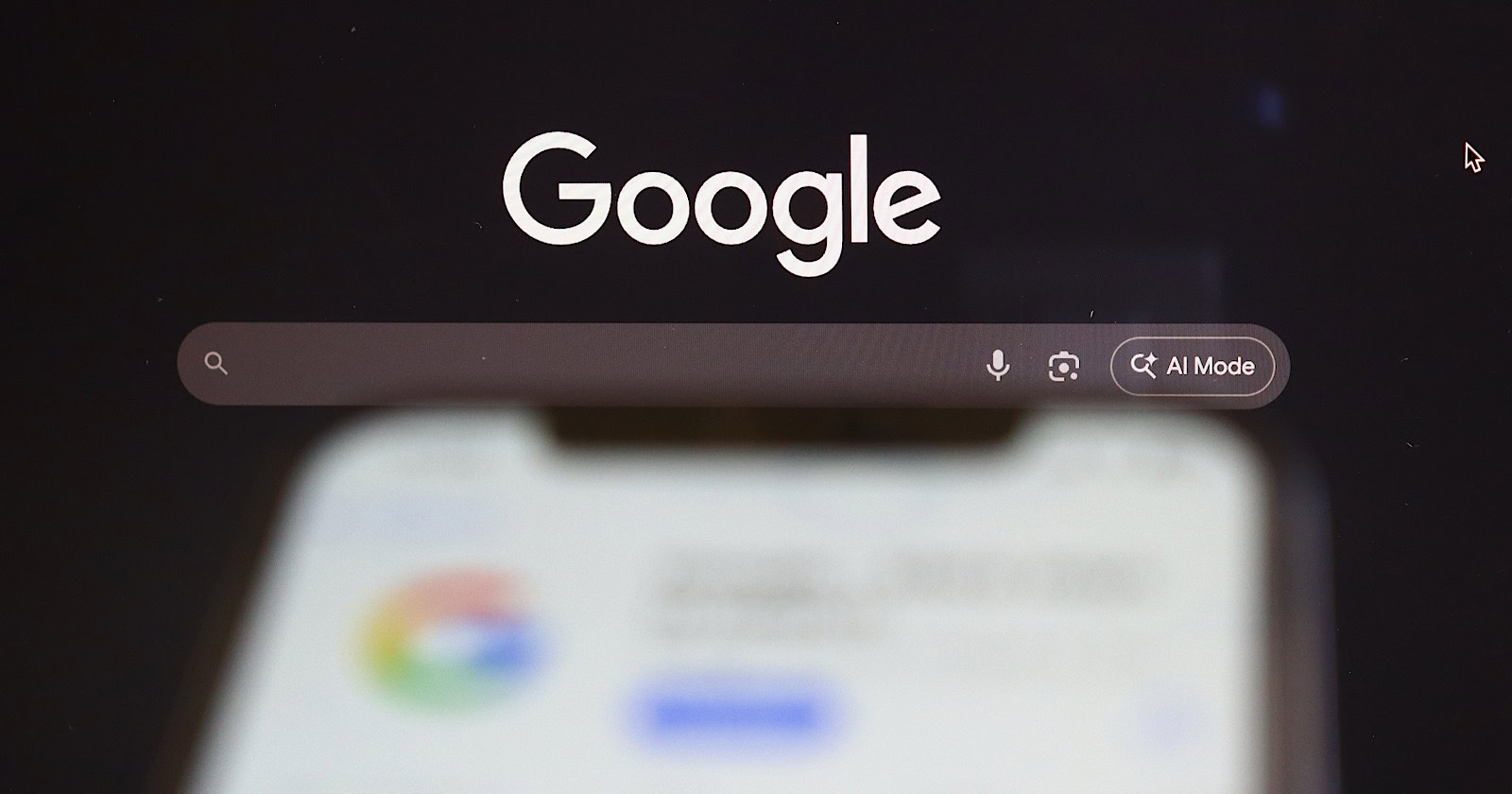Netflix’s Locke and Key ends with a whimper in final season
Darby Stanchfield, Jackson Robert Scott, Connor Jessup, and Emilia Jones in Locke and Key season 3. | Image: NetflixWhen it debuted in 2020, Netflix’s live-action adaptation of Locke and Key got off to a pretty good start. Based on...

When it debuted in 2020, Netflix’s live-action adaptation of Locke and Key got off to a pretty good start. Based on the brilliant comic series from Joe Hill and Gabriel Rodríguez, the show tells the story of the Locke family and their sprawling ancestral home in Massachusetts that also happens to be home to some very cool magical keys. The first season of the show mixed the comic’s dark family drama and fantastical premise with some high-school hijinks ripped right out of Riverdale. But with season two, a lack of a great villain and a sped-up pace took away from what made the show so interesting — namely the magic and the mystery. Now, the series is back with a third and final season that attempts to wrap things up once and for all. But despite some good ideas, it’s not the course correction Locke and Key really needed.
This review contains spoilers for the third season of Locke and Key.
Season 3 picks up right where the previous one left off, which means that — at least initially — the Locke family is living life as if everything is normal. But there are some important changes. Older brother Tyler (Connor Jessup) is off building houses in Montana after an aimless road trip, and more importantly, he’s living a simple life after voluntarily deciding to purge any magical memories from his brain. On the other end of the spectrum, Locke mom Nina (Darby Stanchfield) has used the keys to restore her memory of magic so she doesn’t feel so separated from the rest of her family. (In the Locke and Key universe, everyone naturally forgets about the existence of magic once they hit adulthood unless you make use of a special key.)
Early on, Tyler returns home for his uncle’s wedding and things get pretty awkward since he doesn’t remember any of the big life events that happened over the past two seasons. There isn’t much to say to his little brother Bode (Jackson Robert Scott) and sister Kinsey (Emilia Jones), and he gets pretty suspicious that everyone is keeping something from him. He’s forced back into it all again, though, because — as the finale of season 2 teased — we now have a new villain in the form of Frederick Gideon (Kevin Durand), a British soldier from colonial Massachusetts who, in the modern day, has been possessed by a powerful demon. The main thing you need to know is that Gideon wants to use the keys to collapse the wall between our world and the glowing blue realm of demons — for reasons that are never entirely clear.
There are a few things the new season does well. For starters, there’s the introduction of new keys that are full of possibility; just like in the early days of Locke and Key, it’s a lot of fun to learn about the keys and what they can do. In season 3, we’re introduced to a time-travel key with some very important limitations and a key-powered snow globe with the potential to trap victims indefinitely. As always, these keys “whisper” to the Locke family whenever the time is right for them to appear. I also really enjoyed some of the more imaginative scenes, when the head key — which literally lets you venture into someone’s mind — is put to use. Much of the show’s climax takes place in the brain of a hardcore theater kid, which makes it extra, well, extra. There are some great performances here, too, most notably from Scott as Bode; he’s as obnoxious as ever, but he also takes a detour as a surprisingly effective villain, giving some strong Chucky vibes.
But all of that is mostly undone by the rest of the show. For one thing, despite the seemingly straightforward premise, things are far too complicated. At this point in the story, you pretty much need a spreadsheet to keep track of what’s going on with everyone. You have to worry about the powers and locations of the various keys and who does and doesn’t remember magic as well as the fact that certain characters have changed their body or appearance. I often had to pause the show to try to remember some of the logistical details.
More important, though, is the fact that, just like in season 2, the new villain sucks. Gideon isn’t as bad as the extremely unscary Gabe (Griffin Gluck), but that’s not saying much. When the big baddie both looks and sounds goofy, it’s hard to ever feel too worried about the safety of the Lockes. It’s especially disappointing because season 1 had an incredible villain in Dodge (Laysla De Oliveira), who was equal parts menacing and manipulative; sadly, she only makes a brief appearance in the story’s concluding chapter.
Perhaps it’s a good thing that season 3 is mercifully short. It’s only eight episodes long, compared to the 10 of previous seasons, and a few episodes are only around half an hour long. The show doesn’t take long to get to its conclusion, which wraps things up a little too neatly for my liking. As with season 2, it’s not like the new episodes of Locke and Key are bad, per se; they’re just okay — which, given the source material and its fascinating premise, means they’re quite the disappointment.
Season 3 of Locke and Key starts streaming on Netflix on August 9th.
Disclosure: The Verge recently produced a series with Netflix.

 Aliver
Aliver 



















.jpg&h=630&w=1200&q=100&v=6e07dc5773&c=1)







![How To Win Brand Visibility in AI Search [Webinar] via @sejournal, @lorenbaker](https://www.searchenginejournal.com/wp-content/uploads/2025/09/2-222.png)




